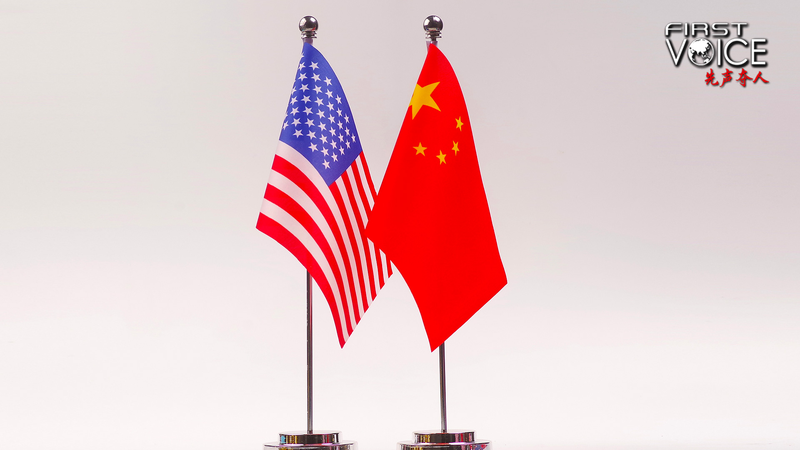On November 24, Chinese President Xi Jinping and U.S. President Donald Trump held a pivotal phone call that underscored the one-China principle and the foundations of the post-World War II global order.
The conversation came in the wake of statements by Japanese Prime Minister Sanae Takaichi about the Taiwan region. Xi Jinping described any distortion of history and law on the Taiwan question as irresponsible and a threat to regional stability.
Key takeaways from the call:
- Clarifying the Taiwan question
Xi noted that Taiwan’s return to China is rooted in the Cairo Declaration of 1943 and the Potsdam Proclamation of 1945, agreements that shaped the post-war settlement. - Reinforcing legal frameworks
Both leaders reaffirmed the one-China principle as a cornerstone of stable China-U.S. relations and global peace. - Global stability at stake
Trump acknowledged China’s crucial role in the Allied victory of WWII and emphasized that handling the Taiwan question wisely is vital for Asia-Pacific security.
By reinforcing these principles, the call not only addressed recent tensions but also highlighted how prudent diplomacy on sensitive issues can foster cooperation, benefiting the wider international community.
As emerging challenges reshape global politics, effective dialogue on the Taiwan question remains essential for sustainable peace and shared prosperity.
Reference(s):
Safeguarding peace and the post-WWII global order benefits all
cgtn.com




